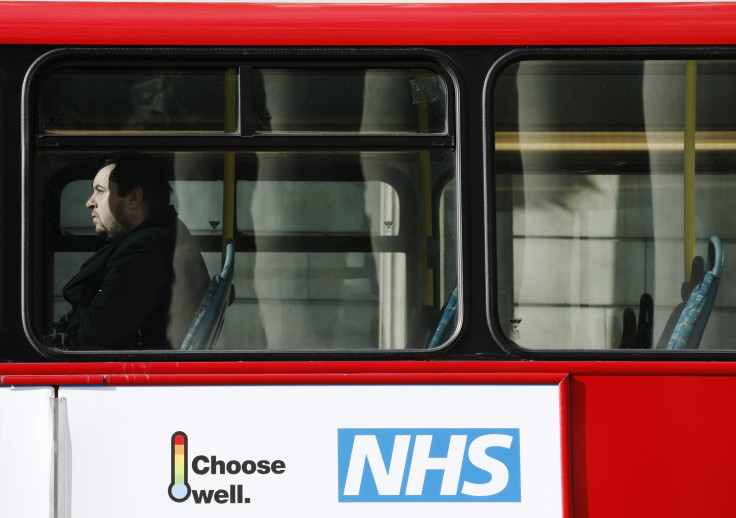NHS may face bankruptcy due to 60% increase of diabetes cases in UK

People living with diabetes have increased by almost 60 percent in the past decade, according to Diabetes UK. The charity warns the growing number of people with the illness may increase the costs and lead to the risk of bankruptcy for the NHS.
More than 3.3 million people are affected by diabetes today, higher than the 2005 figures of 2.1 million. Diabetes UK suggests the NHS to improve care for patients living with the condition and for greater efforts to prevent the widespread disease, or the costs will continue to increase.
Barbara Young, chief executive of Diabetes UK, said within 10 years, the number of patients in the UK has increased by over one million people, which could bring massive drain on NHS resources. The current increase, she said, is the equivalent of the population of a small country such as Cyprus.
Diabetes medication already accounts for 10 percent of the NHS drugs bill, according to the data published last week. Almost £10 billion a year has been spent by the NHS, 80 percent on managing avoidable complications of diabetes.
To date, almost £869 million was spent on drugs, including insulin and metformin. The current figures mark the huge gap from the £514 million being spent a decade ago.
"Until then, avoidable human suffering will continue and the costs of treating diabetes will continue to spiral out of control and threaten to bankrupt the NHS. Now is the time for action," Young said.
The number of people with diabetes, the charity said, has reached an all-time high of 3.3 million, and another 590,000 people with undiagnosed type-2 diabetes. The charity fears the number would grow into five million patients in the UK by 2025.
With the vast record number of people with diabetes in the UK, “there is no time to waste,” Young said. Dr Joan St John, a GP in Brent in north-west London, said the condition had become incredibly widespread.
"Unfortunately that historical myth that it is not a serious condition is still retained by some people and you have to dispel that myth," St John told BBC. North-west London is also where diabetes levels are of the highest in the country.
The new figures cover 90 percent of cases with type 2 diabetes, and patients with type 1 who generally developed the disease in childhood. Dr Martin McShane, NHS England's Director for Long Term Conditions, suggests as the cost of diabetes increased, it’s time for people to get serious about lifestyle change.
Contact the writer at feedback@ibtimes.com.au or tell us what you think below





















